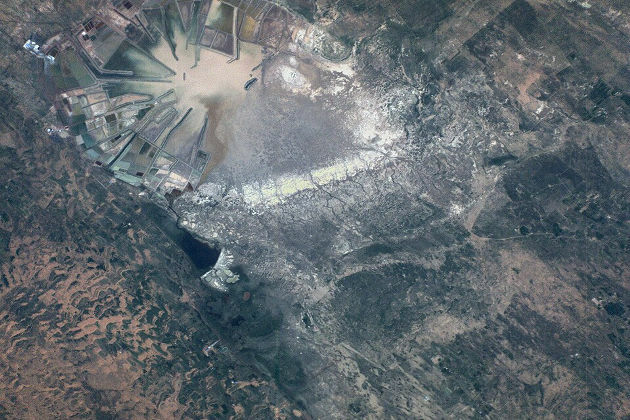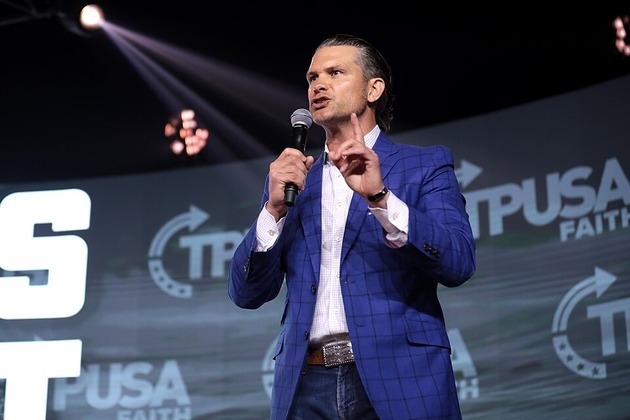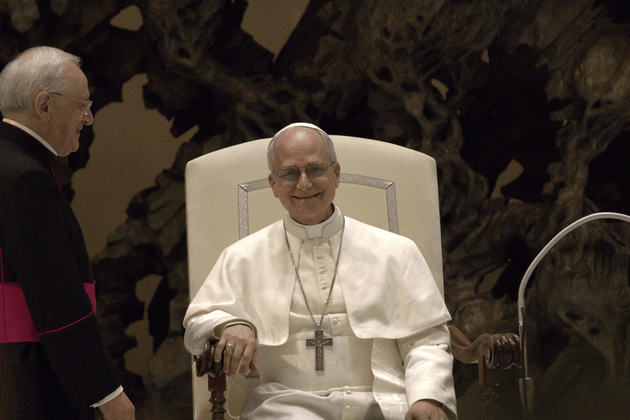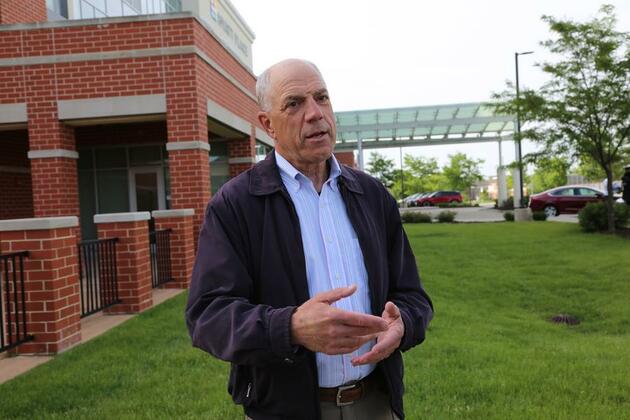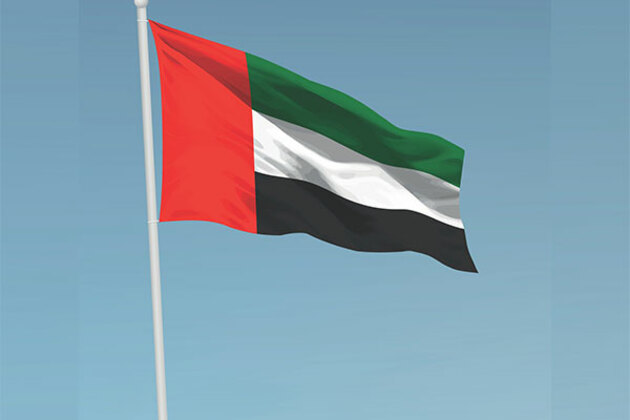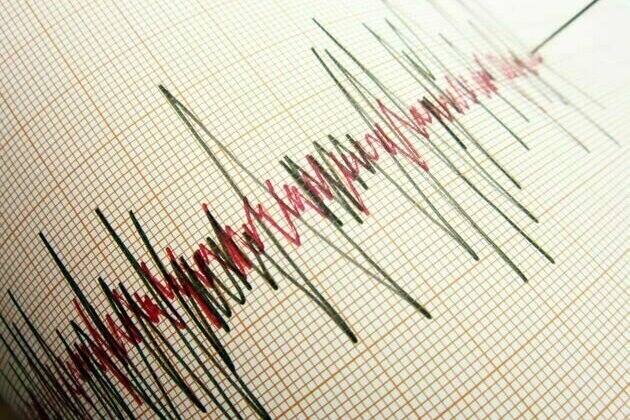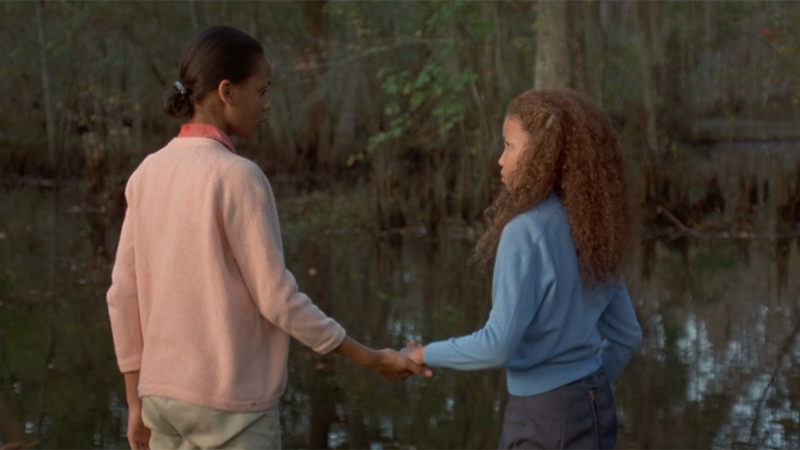In Nigeria, dreadlocks are entangled with beliefs about danger
The Conversation
19 Sep 2019, 18:08 GMT+10
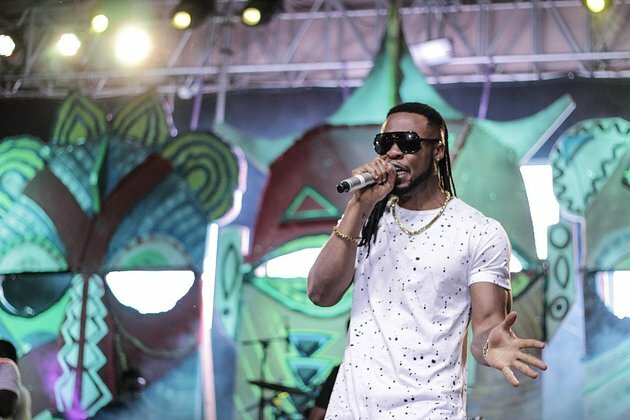
A grown man wearing his hair in dreadlocks is bound to attract attention in Nigeria. And it's not always positive attention. Many Nigerians, regardless of their education and status, view dreadlocked men as dangerous. The hairstyle sometimes even gets a violent reaction.
This bias is deeply rooted in traditional religious beliefs and myths, especially those of the Yoruba and Igbo people.
My book on the symbolism of dreadlocks in Yorubaland tries to explain what knotted hair means to Yoruba people, and where these ideas come from. Numbering around 40 million, Yoruba people predominantly occupy southwestern Nigeria. In West Africa, they are found in Benin Republic, Ghana, Togo, Sierra Leone, and Liberia. In the diaspora, they are significantly present in the US, Brazil, Cuba, Haiti and the Caribbean.
An affront to society's orderliness
A popular phrase used by Yoruba people to describe dreadlocks is "a crazy person's hair". The language also has an idiom that shows how people feel about madness. A person will ask, "kini ogun were?" (what is the cure for madness?) and get the response, "egba ni ogun were" (whip is the cure for madness).
Mentally disturbed people often wear dreadlocks due to neglect. Because they are unpredictable, they are avoided as they roam the streets, and sometimes beaten. Their knotted hair show disharmony with the community; being unkempt and unruly, they are viewed as an affront to societal norm of orderliness.
Adult men with dreadlocks are viewed similarly. They are perceived as volatile and dangerous. Their untamed hair connotes wildness. Therefore, they are associated with the wilderness; uncultivated and unruly. In traditional Yoruba and Igbo worldview, unkempt hair is akin to the forest - mysterious, dark, and to be avoided.
There are exceptions: musicians and athletes who wear these hairstyles are "tolerated" as they are presumed to be assuming a persona that matches their brand. Essentially, theirs is a temporary fashion statement. And because they are famous and successful, they are protected from attacks on the streets.
Dark and frightening by tradition
The Yoruba thought system has it that some children are raised in the forest by gnomes and other mysterious beings. They come back into the community with supernatural powers, strange mannerisms, and sometimes knotted hair. Since they traverse the physical and spiritual worlds, it is believed that they can discern the destiny of others and can negatively influence them.
These knotted-haired people are avoided, more so when their dreadlocks are greying because "normal" adult Igbo and Yoruba males shave their heads completely, or they cut their hair very short. Deviating hairstyles are viewed suspiciously.
Unlike adult males, children born with knotted hair are revered and welcomed as a gift of the gods and not a product of the wild. Such children are called "dada" among the Yoruba in western Nigeria and the Hausa in the north. In south eastern Nigeria, the Igbo call them "ezenwa" or "elena".
In Yoruba mythology, Dada is the son of Yemoja, the goddess of the sea, wealth, procreation, and increase. Dada is said to be one of the deified Yoruba kings. His younger brother is believed to be Shango, the god of thunder, who wears cornrows.
Children-dada are presumed to be spiritual beings and descendants of the gods by virtue of their dreadlocks. As such, their hair is not to be groomed and can only be touched by their mothers. They are the bringers of wealth, which is symbolised in both Yoruba and Igbo cultures by cowrie shells. They are celebrated. Feasts are held in their honour.
Their time on earth is special. It is marked by special rites that define different phases of life. In nearly all cases, their hair is shaved before puberty in order to integrate them into the community. The shaving ritual takes place at a river, where the shaved head is washed. The cut hair is then stored in a pot containing medicinal ingredients and water from the river. The concoction is believed to have healing properties and needed when they fall ill.
After the hair-shaving ceremony, the dada wears "tamed" hair in conformity with societal expectations. The child is still recognised as special and mysterious but is now integrated into society. The visible sign of their spirituality is no longer present. Any grownup, therefore, who still wears their dreadlocks is deemed to have been possessed by evil forces, or chose to do so malevolently; in either case, dangerous.
Challenges to the culture
Despite their negative associations, dreadlocks increased in Nigeria's religious and popular cultures in the 1960s. Itinerant priests of the Celestial Church of Christ appear in white gowns and knotted hair. The famous musician and talented artist from Osogbo, Twin Seven Seven, performed on stage and television with his dreadlocks and white attire. He was the sole survivor of seven (considered a mysterious number in Yoruba tradition) sets of twins.
Yorubaland has the highest rate of twins in the world. Twins are considered spiritual beings, so they are also revered and celebrated. Being a twin, having knotted hair, and only wearing white clothes (like the gods or ghosts), further mystified Twin Seven-Seven in popular imagination and fanciful stories about him spread. For example, it was said that he was raised in the forest by spiritual beings, hence his creative imagination and hairstyle.
In the 1970s and 80s, other Nigerian musicians like Majek Fashek were inspired by the fame of Jamaican reggae artists to begin styling their hair the same way. From the 1990s, Nigerian footballers joined in by wearing cornrows and dreadlocks.
Barring these exceptions, adults with unkempt hair are judged deviant beings who have become conduits for evil. Since it is difficult to differentiate between adults wearing dreadlocks as fashion statement from those with "evil dreadlocks", people either flee from them or attack them out of fear and self preservation.
Author: Augustine Agwuele - Professor, Department of Anthropology, Texas State University 
 Share
Share
 Tweet
Tweet
 Share
Share
 Flip
Flip
 Email
Email
Watch latest videos
Subscribe and Follow
Get a daily dose of Caribbean Herald news through our daily email, its complimentary and keeps you fully up to date with world and business news as well.
News RELEASES
Publish news of your business, community or sports group, personnel appointments, major event and more by submitting a news release to Caribbean Herald.
More InformationBusiness
SectionMercedes prepares for supply breaks as China delays mineral supply
BERLIN/FRANKFURT: Some car parts factories in Europe have stopped production, and companies like Mercedes-Benz are making backup plans...
McDonald’s Snack Wrap returns to US after 9-year hiatus
CHICAGO, Illinois: McDonald's is bringing back its much-loved Snack Wrap in the U.S. starting July 10. The wrap, which includes chicken,...
Dollar General raises full-year profit and sales forecast
GOODLETTSVILLE, Tennessee: Dollar General reported record sales of US$10.44 billion for the latest quarter and raised its full-year...
Electric aircraft lands at JFK as Beta hits major milestone
SOUTH BURLINGTON, Vermont: Beta Technologies has become the first U.S. company to land an all-electric aircraft at an airport in the...
Summer travel slows as Americans hunt for last-minute bargains
WASHINGTON, D.C. Forget bucket lists; this summer, it's all about budget lists. Amid economic uncertainty and a weaker dollar, Americans...
Meta joins tech shift to nuclear power for AI and data centers
MENLO PARK, California: As artificial intelligence demands explode, Big Tech is turning to an old source for new power: nuclear energy....
Latin America
SectionHegseth reassures Indo-Pacific Allies: 'You won’t face China alone'
SINGAPORE: On May 31, U.S. Defense Secretary Pete Hegseth told America's Indo-Pacific allies that they would not be left alone to deal...
Vatican address added to Pope Leo’s Peru records
LIMA, Peru: Pope Leo XIV has not forgotten that he is also a Peruvian citizen. On Friday, he updated his national registration information...
Feature: Iowa farmers call for building trade ties with handshakes, not tariffs
There was a lot of disruption, he said. Tariffs were imposed without much planning. Markets were lost. Costs rose. Relationships strained....
Earthquake of magnitude 6.7 jolts Colombia
Bogota [Colombia], June 8 (ANI): An earthquake of magnitude 6.7 on the Richter Scale jolted Colombia on Sunday, the National Center...
UAE's Ali Rashid Al Nuaimi meets Brazil and Belarus leaders to boost bilateral cooperation and strategic ties
Brasilia [Brazil], June 8 (ANI/WAM): Ali Rashid Al Nuaimi, Chairman of the Committee on Defence, Interior, and Foreign Affairs in the...
Magnitude 6.5 earthquake strikes Colombia, GFZ says
BOGOTA, 8th June 2025 (WAM) -- A magnitude 6.5 earthquake struck Colombia on Sunday, the German Research Centre for Geosciences (GFZ)...

